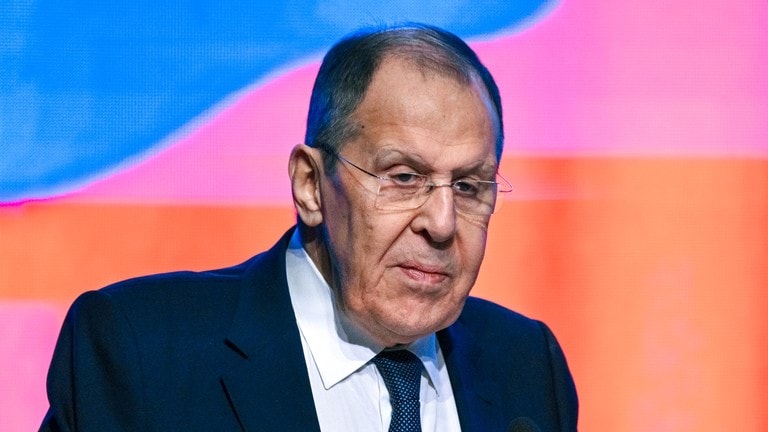Russian and US Foreign Ministers held phone talks about Ukraine's attacks on Russia
Russian Foreign Minister and US Secretary of State discussed Kiev's attacks on Russian civilian and military facilities.

On June 1, Russian Foreign Minister Sergey Lavrov had a phone call with US Secretary of State Marco Rubio.
Just a day before the scheduled talks in Türkiye, two bridges collapsed in Russia’s Bryansk and Kursk border regions, killing at least seven people and injuring dozens. According to the Russian Investigative Committee, the incidents were caused by sabotage.
Later that day, drones targeted military airports in the Murmansk Region in the north, the Ivanovo and Ryazan regions in western Russia, the Irkutsk Region in Siberia and the Amur Region in the Far East.
According to the Russian Foreign Ministry, Mr. Rubio "expressed sincere condolences over the civilian casualties as a result of the bombings on railway infrastructure in the Bryansk and Kursk regions on June 1."
Mr Lavrov said the attacks would be thoroughly investigated and "the results will be announced in the very near future".
"The guilty will be identified and will certainly face appropriate punishment."
Mr Lavrov and Mr Rubio also "exchanged views on various initiatives related to the political solution of the Ukrainian crisis", including the upcoming Russia-Ukraine talks in Istanbul scheduled for June 2.
US State Department spokeswoman Tammy Bruce said Mr Rubio "reiterated President Trump's call for continued direct negotiations between Russia and Ukraine to achieve a lasting peace".
In response to the Ukrainian attacks, Russia launched a number of retaliatory strikes against Ukrainian defense industrial facilities, military assembly points, and weapons depots. According to the Russian Defense Ministry, most of the attacks were successfully repelled, with some causing material damage.
Ukrainian media said the attacks were part of a “historic” operation codenamed “Spiderweb.” The attacks were reportedly prepared for more than a year and a half and targeted Russia’s “strategic air forces.”
